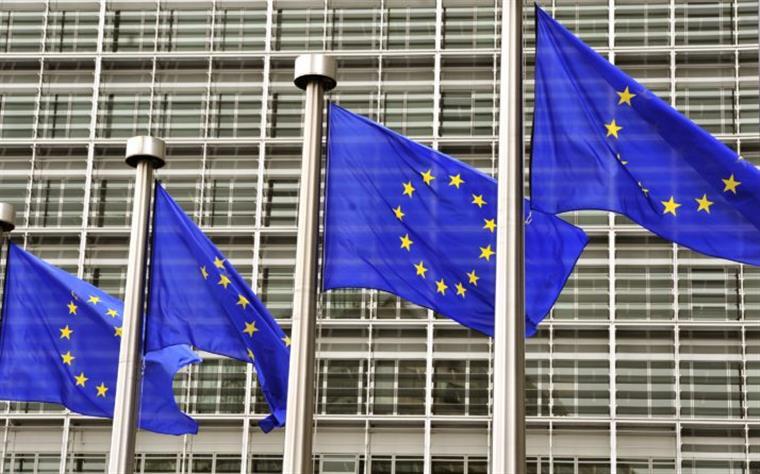With another model, there would be more representativeness

In the last legislative elections, AD elected 80 deputies, the PS, 78. The arrival reached 50, with free and the PCP to get four, the left block, five and the PAN only one. The distribution of votes resulted from the application of the so -called Hondt method. However, if another model had been used, which is already used in other countries such as Iceland and Norway, using the second round for reuse of the wasted vote, the results would be slightly different. The PS would have no change in the number of mandates awarded. AD would lose three terms, while arriving and free would lose a mandate each. In turn, IL, CDU and PAN would receive an additional mandate, while the left block would get two.
This alternative model highlights the so -called wasted votes, votes that were not converted into mandates and who, under João Miguel Telhada, professor at the Faculty of Sciences of the University of Lisbon, eventually result in inequality in the attribution of mandates between parties. «We are talking about 1.2 million wasted votes»tells the Sunrise. The idea is that in the first lap will be designated most of the 230 terms, but some for a second lap that will contribute to lower the number of wasted votes.
According to João Miguel Telhada, with this return return, the determination of the mandates would be made in two counts. “Initially there are a number of mandates, which may be 10, for example, which is the number we would find to be balanced. The other mandates would be attributed by counting the votes as we do now and using the Hondt method to convert the votes into number of mandates ». From there, it would be necessary a second lap to use the wasted votes. «When we find the votes wasted nationally, naturally, the large parties become small and the little ones become large. Because large parties have fewer wasted votes than small parties, which is natural »says the teacher.
And the responsible explains the operation of this new model. «When the distribution is made, we get on these wasted votes, we return to the Hondt method to reverse these votes in terms of mandates and when there is this distribution we can see a different redistribution, because if these votes were told in traditional form, they would probably almost everyone stops the larger parties. In fact, small parties gain another preponderance. Hence, maybe, for example, the DNA can elect a deputy… This depends on the methods that are used because IL, Block and PAN, above all, can elect one more at the expense, of course, the big parties »explains the professor at the Faculty of Sciences of the University of Lisbon.
Fairer?
Questioned whether this system would be fairer, the teacher argues that «It could always achieve a more interesting combination between representativeness and governability»since, with this system, even if you can lose a little governability, it is gained in representativeness.
But there is more. Although not studied, it is part of the forecast of this thesis that this electoral system could also help with abstention or useful vote. « If people knew that there would be a return of compensation, this useful vote could also be diluted and could also be lost what also favored the small parties. »defends to our newspaper.
And the teacher considers that the parties would be willing to this change. « More or less vocal, they have always said that the revision of the electoral law is important and I think this is implicit in this idea, an identification of the weaknesses of the system. ».
Currently, in Portugal, the electoral system in force is the Hondt method that consists of dividing the total number of votes obtained by each application by fixed dividers, and thus successively until all mandates of the electoral circle are exhausted. But there is much criticism that it favors the larger parties. Criticism arise on many sides but João Miguel Telhada, for example, argues that «Hondt’s method is a little more inclined to the other hand, that is, it loses representation, but bets more on governability and always favors more who has more votes».
This is a shared opinion over the years by several experts and mathematicians who consider exactly the same: the current electoral system benefits the biggest parties and ends up taking representativeness to the little ones.
However, it must be borne in mind that for a change in the electoral system, a constitutional change must happen.








